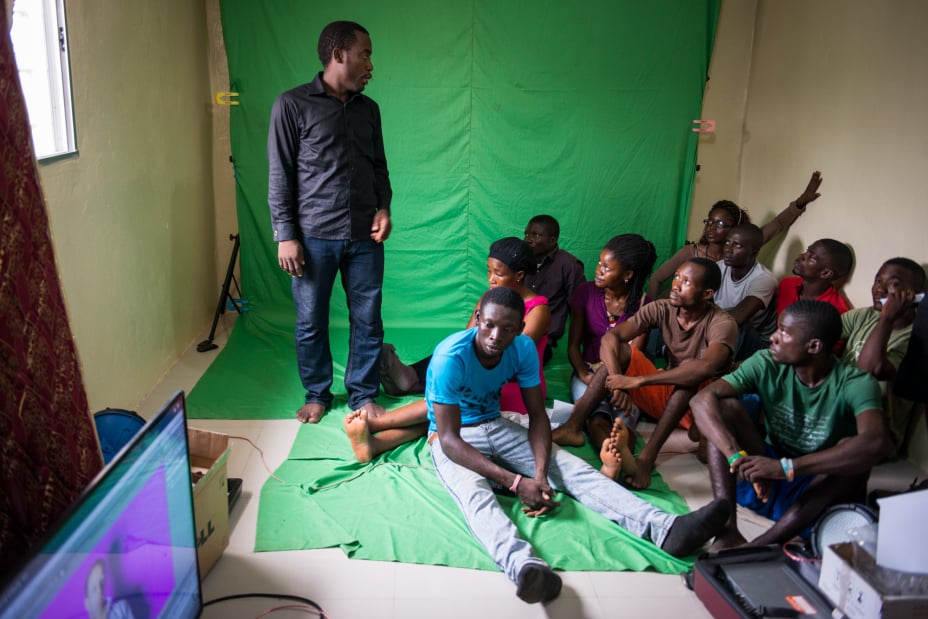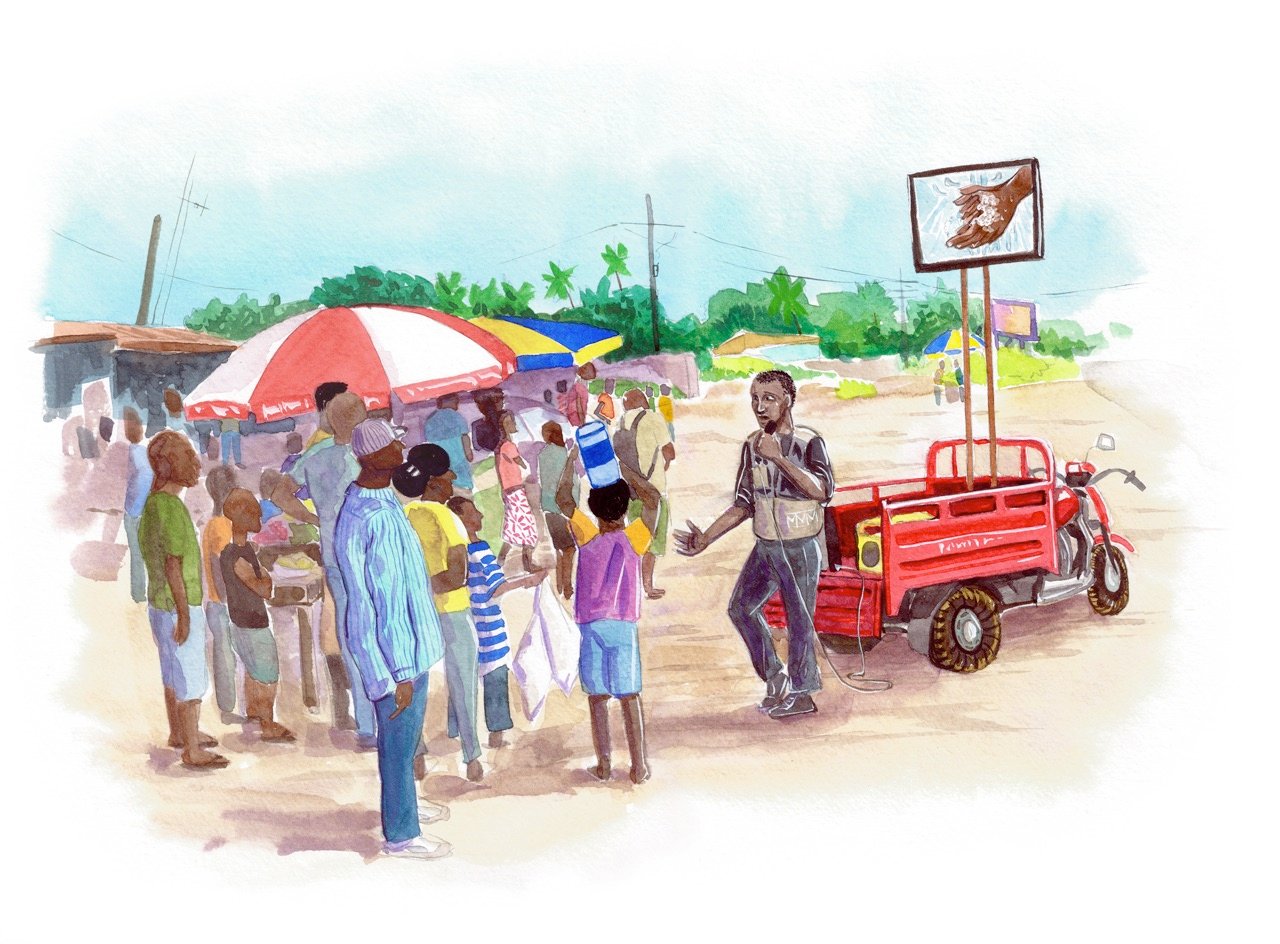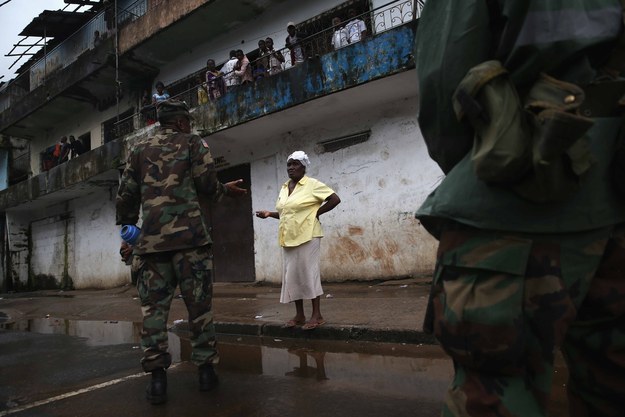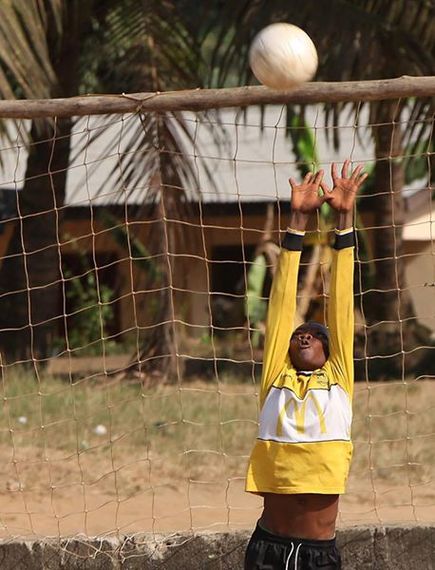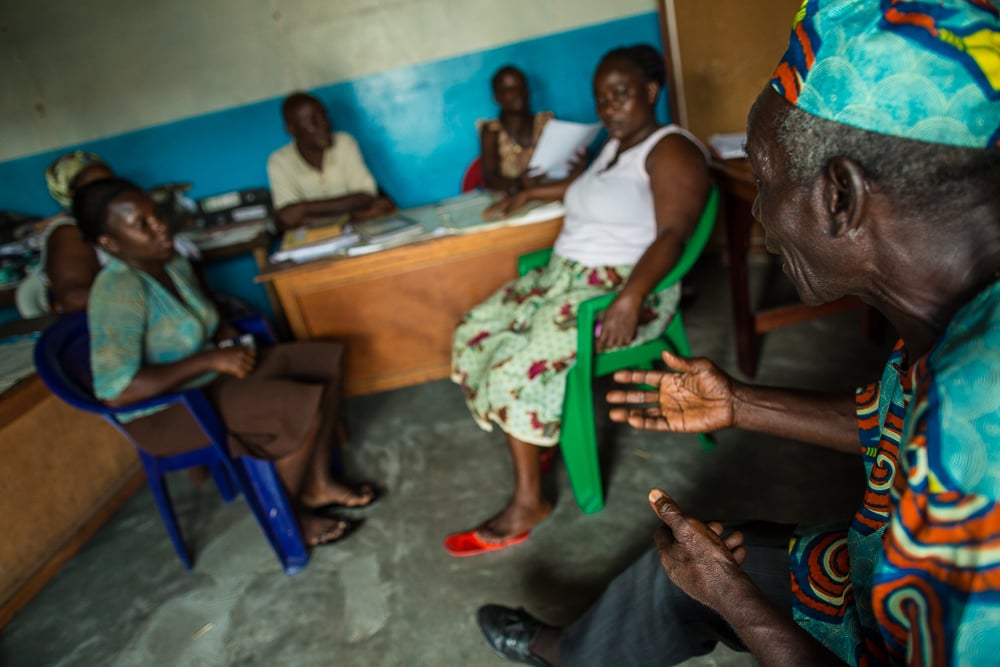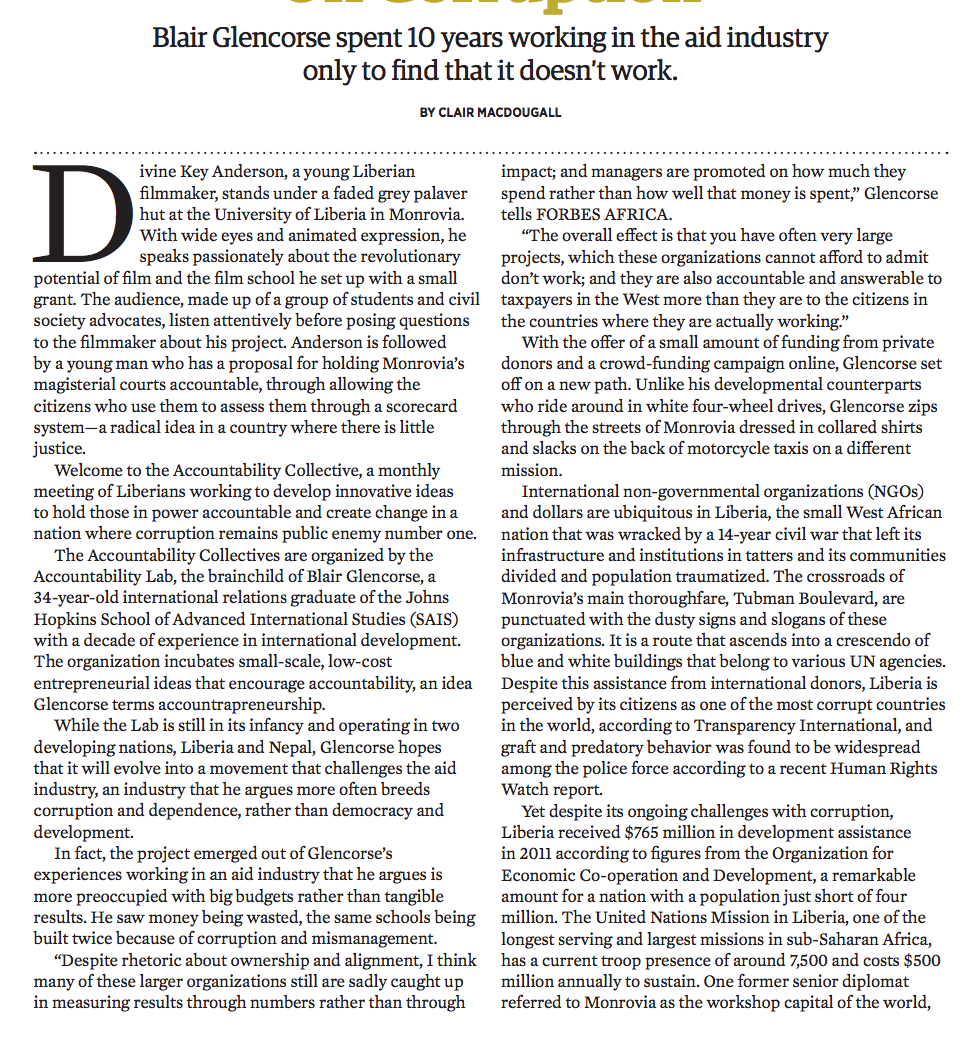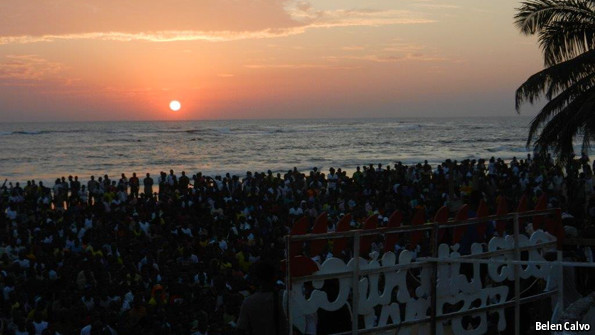Top 10 Challenges in Nepal After the Earthquakes
By: Ashley Ann Day and Suman Parajuli, Accountability Lab Residents. The destruction caused by the Nepal earthquakes is staggering: 8,676 dead, 21,952 injured, and almost 500,000 homes destroyed. Millions of people have been affected by these natural disasters, and the trauma is far from over. Displaced citizens living in tents and temporary shelters are facing a host of issues, including corruption and insecurity. At the Accountability Lab, in partnership with our friends at Local Interventions Group, we’ve set up Mobile Citizen Helpdesks across the ten most-affected districts to identify these challenges and fix problems. Groups of five to seven volunteers have [...]


